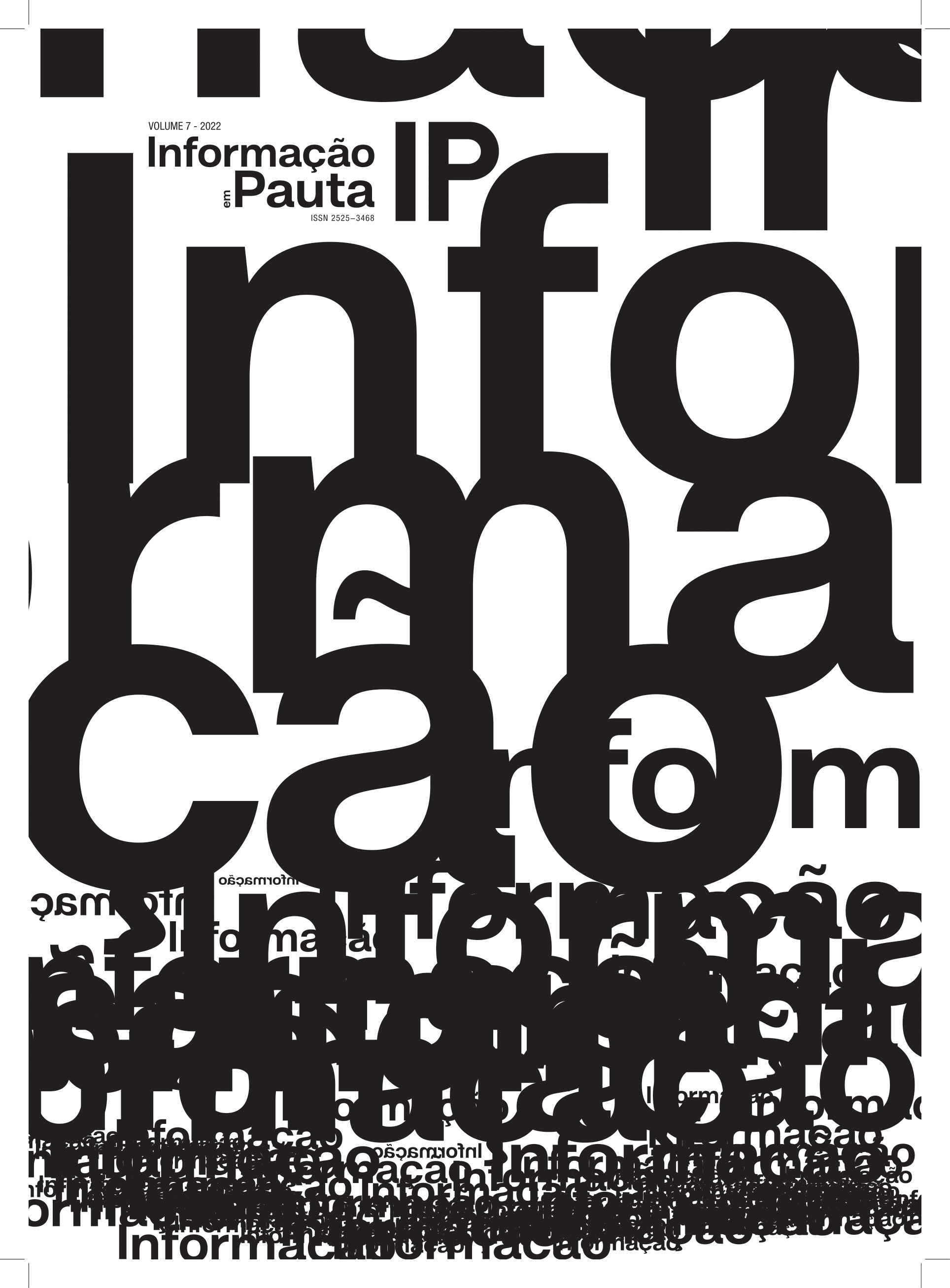Mediação da informação no cárcere
atuação do bibliotecário para reinserção social dos apenados
DOI:
https://doi.org/10.36517/2525-3468.ip.v7i00.2022.78196.1-3Keywords:
População prisional, bibliotecário no sistema prisional, mediação da informação no cárcereAbstract
The complex reality of the Brazilian prison system is included in the research agenda of several areas of knowledge. In Information Science, we observed that it is necessary to expand studies on this information environment, considering the role of the librarian and the guaranteed guarantee to the prison population of having libraries in penal establishments, as stated in the Law of Penal Execution, as well as the Federal Constitution. Therefore, this research has as a problem, to understand the context of the librarian's performance in the Brazilian prison system and the practice of mediation of information in prison. For this, it was established as a general objective to analyze the librarian's performance in prison, in order to identify the mediation actions of the information promoted aiming to favor the inclusion and social reinsertion of the inmates. As specific objectives, the following were outlined: Investigate how the librarian's insertion in the prison environment occurs; Identify the main actions developed with those convicted by the librarian in his performance in prison; Identifying through the perception of librarians how the process of mediation of information in prison could favor the social reintegration of prisoners; Present the librarians' view of the main difficulties faced in working in the prison environment. Regarding the methodology, we are guided by exploratory research, with a qualitative and quantitative approach. As an instrument of data collection, we opted for the electronic questionnaire applied to librarians, elaborated through the Google Forms tool. As for the analysis and interpretation of the data, we used the discourse of the collective subject, using the DSCsoft software. The results showed that the librarian's performance scenario in the prison system is impacted by several factors, which converge to generate difficulties in the librarian practice in prison. One of the main factors identified is the lack of legitimacy to act in this environment, as there is no librarian in the National Penitentiary Department's staff. As a result, this performance is mostly configured as voluntary work, initiated through projects for the implementation of prison libraries, those who work in a paid way, are part of the state civil service required by some penitentiary administrative secretariat to act in this environment, or penitentiary agents allocated in the education sector because they have a background in librarianship. However, it was possible to verify that even in the face of the difficulties and peculiarities of the prison environment, the activities carried out do not differ from those carried out in any other type of library, ranging from the technical processing, the material selection policies, loan, incentive to reading through literary circles, storytelling, discussion of films, among others. As for the mediation of information, it became evident that librarians are able to see this process in their work in the prison environment, and seek to favor it by promoting spaces for discussion, listening to the prisoner, building workshops on sentence calculation, providing information to relatives of prisoners, etc. We conclude that even those professionals who consider the prison environment not conducive to reintegration, are able to see in the mediation of information a practice that can favor the return to freedom of living for the prisoner.
Downloads
References
Downloads
Published
How to Cite
Issue
Section
License
Autores que publicam nesta revista concordam com os seguintes termos:
a. Autores mantém os direitos autorais e concedem à revista o direito de primeira publicação, com o trabalho simultaneamente licenciado sob a Creative Commons Attribution License que permitindo o compartilhamento do trabalho com reconhecimento da autoria do trabalho e publicação inicial nesta revista.
b. Autores têm autorização para assumir contratos adicionais separadamente, para distribuição não-exclusiva da versão do trabalho publicada nesta revista (ex.: publicar em repositório institucional ou como capítulo de livro), com reconhecimento de autoria e publicação inicial nesta revista.
c. Autores têm permissão e são estimulados a publicar e distribuir seu trabalho online (ex.: em repositórios institucionais ou na sua página pessoal) a qualquer ponto antes ou durante o processo editorial, já que isso pode gerar alterações produtivas, bem como aumentar o impacto e a citação do trabalho publicado.



